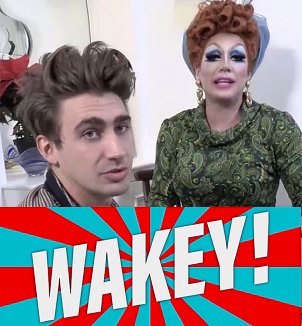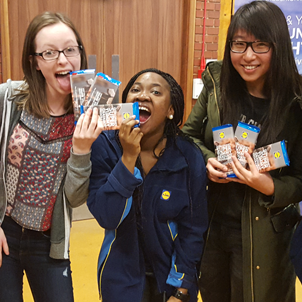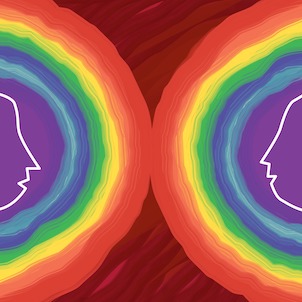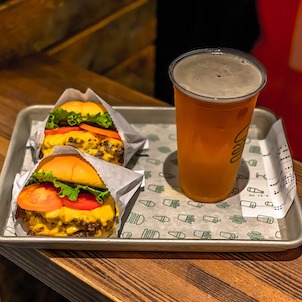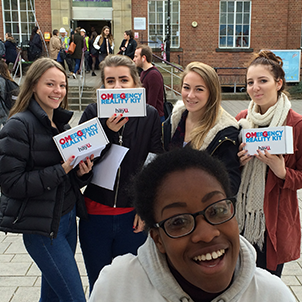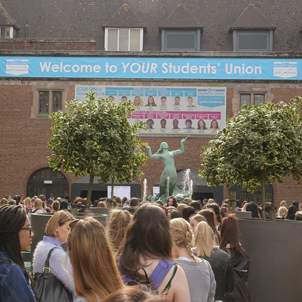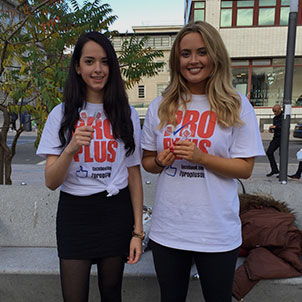Celebrity endorsements have had their heyday.
Last week, Iceland announced that they are ditching the celebrity endorsements and switching their focus onto a ‘quality driven’ message about their food. Could we be moving into a different era of marketing?
There’s no doubt that celebrity endorsements have their place in advertising and in the past they have been proven successful. The partnership between Gary Linekar and Walkers is entering its 21st year and it was a pivotal move. It has taken the savoury snack brand from strength to strength.
However, recent studies have suggested that putting a celebrity alongside a product doesn’t guarantee sales like it once did – particularly when they have no obvious link to the brand.
In part, this is because the paradigm of a celebrity has shifted significantly in the past decade. The development of social media has created room for a new breed of self-made influencers who can occupy the same space on a sharing platform, like Instagram, as a Hollywood celebrity. In the modern day world, the opinion of these influencers can hold a lot of weight as they are considered to be authentic.
Therefore, it makes sense that the fall of celebrity driven advertising coincides with the rise of peer-to-peer marketing. The development of social media has led advertising into a new generation that has micro-influencers at the forefront.
Micro-influencers are typically ‘normal’ people who have generated a reasonable following on social media that is anywhere between 500-100,000 people. Whilst this may not seem like an incredible reach compared to the millions that some celebs have, this audience is usually highly engaged. As a result, the consumer is more likely to actually buy a product than if it has come from a celebrity with a bigger following.
Micro-influencers also allow for much more targeted advertising as quite often they are popular within specific social spheres. For example, Iceland has moved away from celebrity endorsements, but this year partnered with Youtube ‘Channel Mum’ because they know this is a key demographic for them. Many other brands including Gilette, Glossier and Co-op have experienced great success partnering with micro influencers.
We have found that students are very responsive to word of mouth and peer to peer marketing. The reason is simple – they trust the opinions of their peers more than the media or celebrities. With the growth of ‘fake news’, they are increasingly wary of the media and advertisements. Campus Media has a network of well-connected brand ambassadors who can promote products on their social media channels and relay brand messages to students on campus.
For more information about our brand ambassador service, send us a message.





